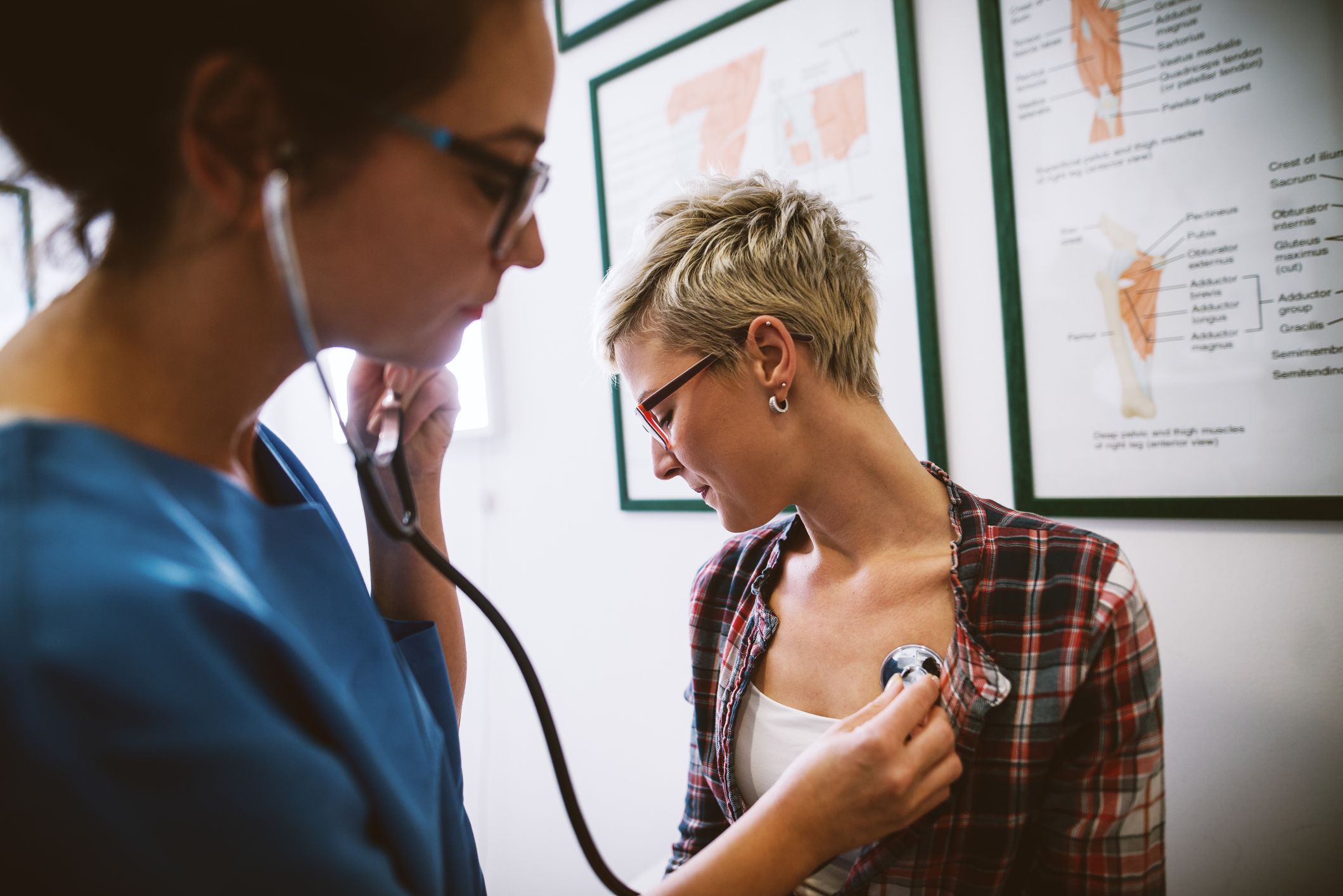There are two important symptoms that must be present in order for major depression to be diagnosed.
The first is a depressed mood. This refers to feeling sad, hopeless, or empty. When a person experiences depression, this mood will be persistent—present most of the day, nearly every day, for two weeks or longer.
The second is a loss of interest and/or pleasure. This refers to a state where a person no longer finds joy or satisfaction in the things they used to, and they feel this way throughout most of the day, nearly every day.
To be diagnosed with major depression—also known as major depressive disorder (MDD) and clinical depression—a person must experience at least five depressive symptoms from the following list. One symptom must be either depressed mood or loss of interest.
- Depressed mood
- Loss of interest in activities typically enjoyed
- Significant weight loss or gain
- Trouble sleeping or sleeping too much
- Feeling restless, agitated, or irritable
- Fatigue, loss of energy, or feeling tired all the time
- Feelings of hopelessness, worthlessness, or guilt
- Impaired concentration and difficulty making decisions
- Recurrent thoughts of death or suicide
These symptoms must be present most of the day nearly every day for at least two consecutive weeks. However, depression can be episodic, getting better at times and getting worse at other times.
To be classified as MDD, these symptoms must cause significant distress or impairment in social, occupational, and/or other important areas of functioning.
Depression can take different forms and there are different conditions that cause depressive symptoms. Your best source of information will be a healthcare provider. A formal diagnosis will also rule out other medical causes of depressed mood, including medication side effects, substance abuse, or a medical condition, such as an underactive thyroid.
The symptoms should be distinguished from the grief or bereavement associated with loss of a loved one or extraordinarily stressful life events.
A person experiencing depression may noticed these feelings in themselves. These feelings may also be apparent to other people. Not everyone who is experiencing depression realizes they are experiencing depression.
It is also important to recognize when mental health is an emergency.
If you or someone you know is having thoughts of self-harm, suicide, or violence, seek help immediately. Licensed mental health professionals are available at the National Suicide Prevention Lifeline. These professionals can listen to what you have to say and guide you through steps that can keep you safe. To contact the National Suicide Prevention Lifeline, call 1-800-273-8255 or call, text, or chat 988.
Medically reviewed in December 2021.




